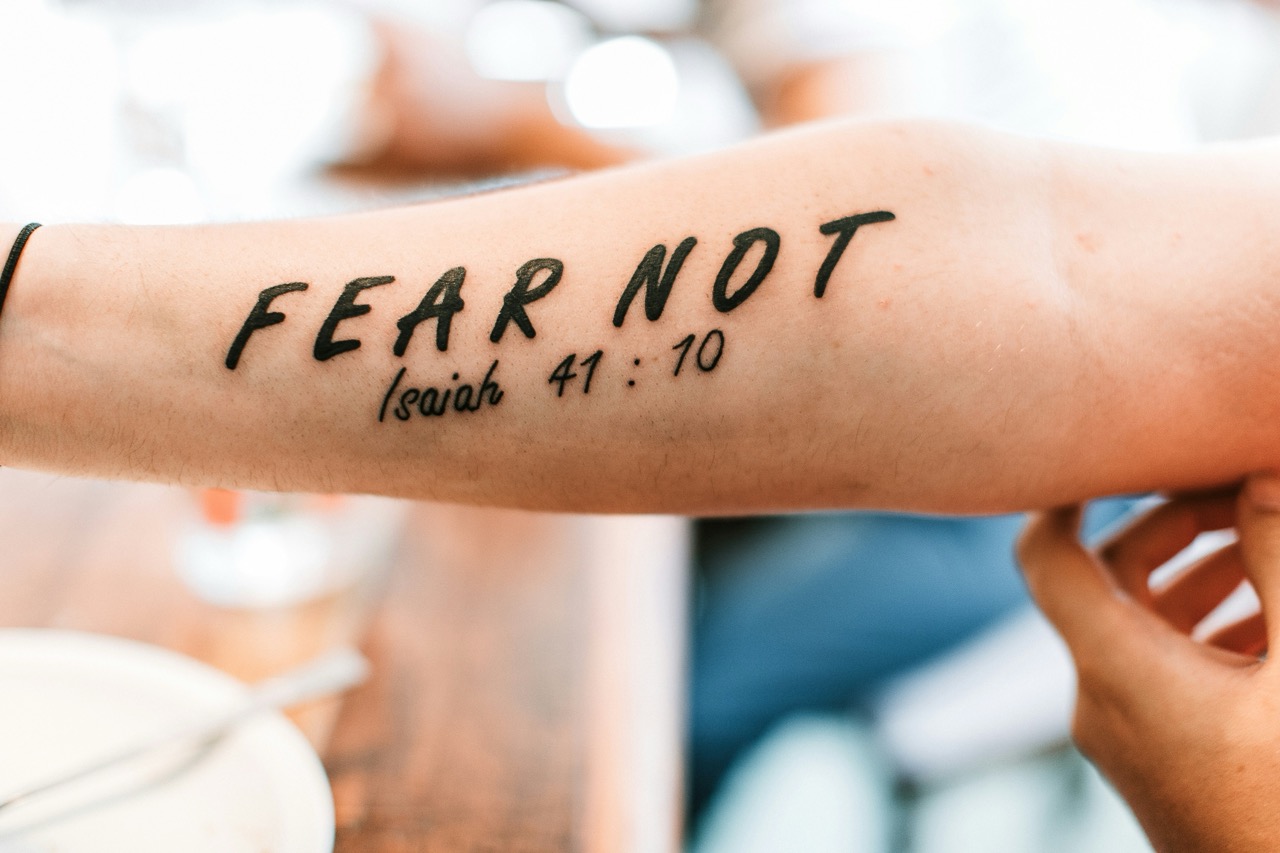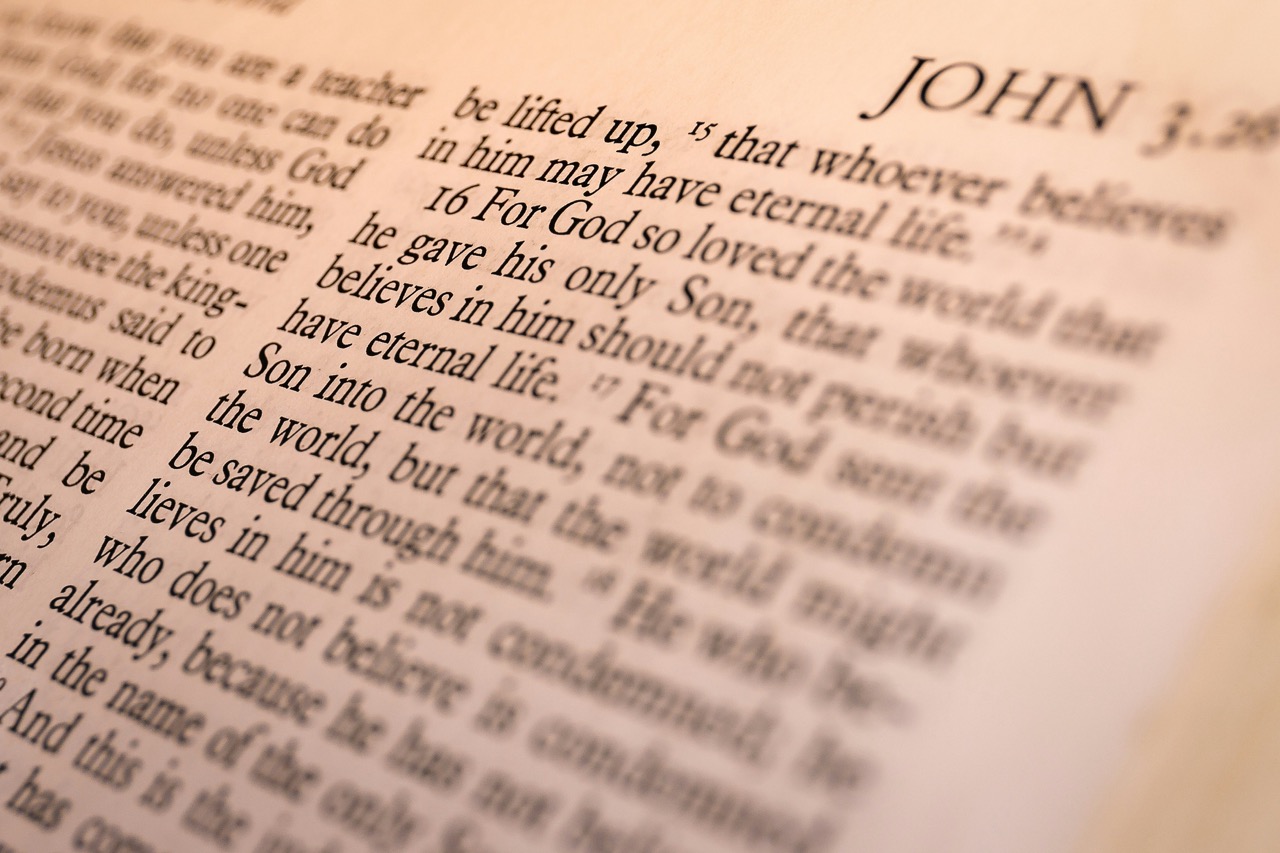The Power of Unity in Faith Communities

In an increasingly fragmented world, faith communities stand as beacons of hope, illuminating the path of unity and togetherness. These spiritual networks foster environments where individuals come together, transcending their differences to build a collective identity rooted in shared beliefs. The power of unity within faith communities not only strengthens interpersonal bonds but also propels members toward meaningful action, driving positive change in their surroundings and beyond. This article explores the multifaceted nature of unity in faith communities and its profound impact on individuals and society at large.
Embracing Togetherness: The Heart of Faith Communities
At the core of every faith community lies a profound sense of togetherness. This shared journey is a testament to the belief that individuals are stronger together than apart. Gatherings for worship, prayer, and community service offer opportunities for members to connect, share their stories, and support one another in their spiritual journeys. It is within these sacred spaces that the essence of belonging flourishes, allowing members to feel valued and understood. The collective experience of faith nurtures a sense of safety and acceptance, where individuals can explore their spirituality without fear of judgment.
Moreover, this togetherness fosters resilience—the ability to withstand life’s challenges as a united front. When members come together to celebrate joys or confront adversities, they create a tapestry of shared experiences that fortifies the community. In moments of grief, loss, or uncertainty, the presence of a supportive community can make all the difference, reminding individuals that they are not alone. Together, they create a sanctuary where love and understanding prevail, reinforcing the belief that faith is best experienced in community.
Shared Beliefs: A Foundation for Collective Strength
Shared beliefs serve as the bedrock of faith communities, forging connections that enhance collective strength. When individuals align their values and principles, they cultivate a sense of purpose that transcends their individual lives. These common beliefs unite members in a shared mission, whether it be promoting peace, compassion, or justice. This alignment invites collaboration, empowering individuals to contribute to initiatives that uplift the community and embody their shared values.
The strength derived from shared beliefs also fosters a culture of accountability and encouragement. Members inspire one another to live out their faith in tangible ways, creating an environment where personal growth is celebrated and nurtured. This communal reinforcement helps individuals deepen their understanding of their beliefs and encourages them to take bold steps in their spiritual journeys. In a world often marked by division, the unity found in shared convictions reminds us of the potential for collective impact through faith.
Finding Strength in Diversity: Unity Beyond Differences
One of the most beautiful aspects of faith communities is their ability to embrace diversity. While members may come from different backgrounds, cultures, and experiences, their shared faith creates a powerful bond that transcends these differences. This diversity enriches the community, offering a broader perspective on spiritual matters and fostering empathy among members. When individuals learn from one another and appreciate their varied experiences, they cultivate a deeper understanding of the human experience, reinforcing the idea that unity can thrive in diversity.
Moreover, this inclusive spirit encourages dialogue and collaboration, challenging preconceived notions and stereotypes. As members engage with one another’s differences, they create opportunities for growth and transformation, as they learn to appreciate the value of various viewpoints. By finding strength in their diversity, faith communities not only strengthen their internal ties but also offer an inspiring model of unity to the wider world, showcasing how love and respect can bridge divides that often separate humanity.
The Transformative Power of Prayer and Togetherness
Prayer serves as a unifying thread that weaves together the fabric of faith communities. When individuals gather to pray, they create a powerful collective energy that transcends individual intentions, amplifying their hopes and aspirations. This shared act of devotion fosters a sense of connection, as members lift their voices and hearts together, forging deep bonds that encourage mutual support and understanding. In these sacred moments, individuals find comfort, peace, and a renewed sense of purpose—a reminder that they are part of something much greater than themselves.
The transformative power of prayer is especially evident in times of crisis. When challenges arise, the act of coming together in prayer can provide solace and strength. This collective energy not only uplifts the spirits of those involved but also instills hope and courage in their hearts. In these shared moments of vulnerability and faith, individuals discover the profound impact of unity, reinforcing the belief that they can overcome obstacles when they stand together in prayerful solidarity.
Building Bridges: Connecting Through Shared Values
Faith communities have the unique ability to build bridges among individuals and groups by connecting through shared values. These values often resonate deeply within members, inspiring them to seek out common ground and foster relationships that extend beyond the walls of their faith. By engaging in dialogues that highlight these shared principles, communities can reach out to others, creating partnerships that reflect the universal aspirations for love, justice, and compassion.
The act of building bridges encourages understanding and collaboration among diverse groups, breaking down barriers that often lead to division. As faith communities actively seek to connect with neighboring communities, they demonstrate the power of empathy and the importance of working together toward a common good. In this way, faith becomes a catalyst for social change, reminding individuals that while their backgrounds may differ, their values unite them in a shared mission to promote healing, understanding, and unity.
Nurturing Bonds: The Role of Fellowship in Faith
Fellowship serves as the lifeblood of faith communities, nurturing strong bonds among members through shared experiences and intentional connection. By creating opportunities for social engagement, faith communities foster friendships that extend beyond mere acquaintances. From potlucks and study groups to outreach events, these gatherings allow individuals to share their lives, joys, and struggles, deepening their sense of belonging. This relational aspect of faith creates a support network that encourages emotional and spiritual growth.
Moreover, the bonds formed through fellowship cultivate an atmosphere of trust and openness. Members feel empowered to share their vulnerabilities, knowing they will be met with compassion and understanding. This creates a space where individuals can be authentic, fostering an environment that encourages healing and personal development. The sense of family created through fellowship becomes a critical component of the faith experience, reinforcing the belief that individuals are not only part of a community but also cherished members of a spiritual family.
Acts of Service: Unity in Action Within Communities
Faith communities often embody the principle of unity through acts of service, demonstrating their commitment to the welfare of others. When members come together to serve their communities, they put their shared beliefs into action, reinforcing their bonds while making a tangible difference in the lives of those around them. Whether through food drives, volunteer work, or community outreach programs, these collective efforts highlight the power of unity in addressing social issues and meeting the needs of vulnerable populations.
Participating in acts of service also instills a sense of purpose among community members. Working side by side fosters camaraderie and strengthens relationships as individuals witness the fruits of their labor together. These experiences create lasting memories and inspire further engagement, creating a cycle of service that continues to uplift the community. By uniting for a common cause, faith communities exemplify the profound impact of collective action, demonstrating that unity can lead to transformative change.
Resilience Through Adversity: Standing Together in Faith
In times of adversity, faith communities often emerge as pillars of strength, standing together to support one another. Challenges such as illness, loss, or societal upheaval can test the fabric of a community, but it is during these moments that the power of unity shines brightest. When individuals rally around one another, they draw on their shared faith, finding solace and encouragement in the knowledge that they are not alone. Together, they navigate the storms of life, reinforcing their bonds and deepening their collective resilience.
Moreover, the shared experience of overcoming adversity serves to strengthen the community’s identity. As members reflect on their journey together, they cultivate a sense of gratitude and appreciation for one another. This shared history of perseverance not only fosters deeper connections but also inspires future generations to uphold the values of unity and support. In standing together through challenges, faith communities model the strength that comes from collective faith, teaching individuals that resilience is possible when rooted in love and companionship.
The Ripple Effect: Community Impact Beyond Borders
The unity found within faith communities often extends beyond their immediate circles, creating a ripple effect that influences broader society. When members come together to address local issues, promote social justice, or engage in charitable initiatives, they showcase how collective action can lead to meaningful change. This impact can inspire others to join the cause, fostering collaboration among diverse groups that share a common goal of making the world a better place.
As these communities work together on various projects, their influence often transcends geographical boundaries. Initiatives may evolve into movements that inspire change on a larger scale, showcasing the potential of united efforts to effect systemic transformation. By embodying the values of compassion and service, faith communities send a powerful message to the world: unity is not just an ideal; it is a necessity for creating a brighter future for all.
Cultivating Compassion: Together in Times of Need
In times of need, faith communities often lead the charge in cultivating compassion. When disasters strike or crises unfold, these communities mobilize to provide support, resources, and love to those affected. Through fundraising efforts, emotional support, and practical assistance, members demonstrate the depth of their commitment to serving others, reinforcing the notion that compassion is at the heart of their faith. This united response not only helps those in need but also strengthens the bonds among community members as they work towards a common purpose.
Moreover, these acts of compassion foster a culture of empathy, encouraging individuals to be mindful of the struggles faced by others. By witnessing the impact of their collective efforts, members are reminded of the power of kindness and the importance of standing together in solidarity. This commitment to compassion not only shapes the identity of the faith community but also inspires members to carry these values into their everyday lives, creating a ripple effect of kindness that extends far beyond their immediate circle.
Inspiring Generations: Legacy of Unity in Faith
Faith communities have the unique opportunity to inspire future generations through their legacy of unity. By cultivating an environment where love, acceptance, and support flourish, they set a precedent for younger members to embrace these values in their own lives. Teaching children and youth about the importance of togetherness, diversity, and compassion instills a sense of responsibility to carry forward the mission of unity. As these young individuals grow, they become ambassadors of the community’s values, spreading the message of love and connection throughout society.
Moreover, the stories of unity that emerge from faith communities serve as powerful narratives for generations to come. These stories of resilience, compassion, and collective action remind individuals of the impact they can have when they stand together. By sharing these experiences, faith communities create a rich tapestry of inspiration that encourages future generations to uphold their values, fostering a legacy that extends far beyond their immediate context and influences the world at large.
A Call to Action: Embracing Unity for a Better Future
As we reflect on the power of unity within faith communities, we are reminded that the need for togetherness has never been more urgent. In a world marked by division, conflict, and uncertainty, faith communities have the opportunity to serve as examples of hope and love. Embracing unity is not merely a call to action for individual communities; it is a collective mission that invites all to stand together in pursuit of a better future. By fostering environments where love, respect, and shared values thrive, communities can become catalysts for change, inspiring others to join the movement toward unity.
Let us heed this call to action and work together to build bridges rather than walls. By embracing the power of unity, we can create a world where compassion reigns, diversity is celebrated, and collective strength leads to transformative change. As we come together in faith, let us remember the strength that lies in our togetherness and strive to embody these principles in our everyday lives, creating a legacy of unity that will resonate for generations to come.
In conclusion, the power of unity within faith communities is a force that transcends individual beliefs and backgrounds. It cultivates an environment where individuals can grow, support one another, and work together toward a common good. The collective strength found in shared beliefs, acts of service, and moments of fellowship creates lasting change, not only within the community but also in the wider world. As we embrace this unity, we embark on a journey that has the potential to transform our lives and the lives of others, reminding us that together, we can indeed create a brighter and more compassionate future.




